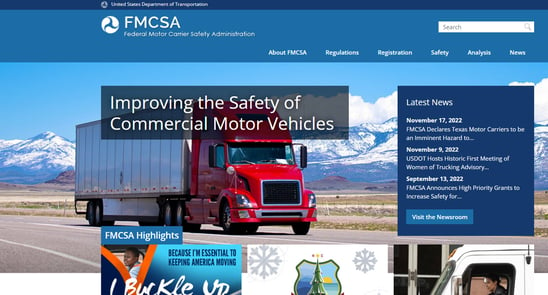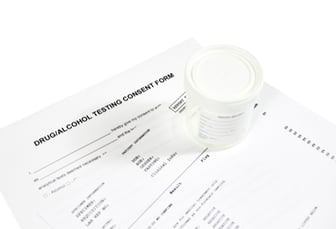New Pro-Trucker Package: Safety, Parking & Deregulation Take Center Stage
In late June 2025, the U.S. Department of Transportation (DOT) unveiled a sweeping "Pro-Trucker" package under the Trump administration, addressing several long-standing concerns from professional drivers. The changes signal a move toward infrastructure investment, regulatory relief, and modernization.
One major challenge for truckers has been the lack of legal, safe parking. Nearly 40% of drivers report spending over an hour daily searching for parking, which translates to billions in lost productivity and additional safety risks. To address this, the DOT is allocating more than $275 million in grants to expand parking nationwide. Florida will be the first beneficiary, with $180 million earmarked to add 917 new truck parking spots along the I-4 corridor in Volusia, Seminole, and Osceola counties fleetowner.com+6fmcsa.dot.gov+6overdriveonline.com+6.
Another anticipated change is the withdrawal of the Federal Motor Carrier Safety Administration (FMCSA) and NHTSA’s proposed mandate requiring speed-limiting devices on heavy trucks. Supporters argue that mandatory limiters could disrupt traffic flow, potentially creating hazards. DOT Secretary Sean Duffy described the proposed mandate as lacking “a sufficiently clear and compelling safety justification” overdriveonline.com+7overdriveonline.com+7livenowfox.com+7. Advocates cite improved fuel efficiency and safety from voluntary use of speed limiters, which larger fleets already adopt, but maintain that mandating them federally could be counterproductive truckinginfo.com.
The package also includes several administrative and digital upgrades:
· A modern, mobile-friendly overhaul of FMCSA’s DataQs system and the customer complaint database to streamline dispute resolution and reduce outdated paperwork fleetowner.com+3trucksafe.com+3fccr.co+3.
· Removal of roughly 1,800 words of redundant or obsolete regulations—such as archaic labeling requirements, unnecessary manuals, and obsolete references to “water carriers” fmcsa.dot.gov+1freightwaves.com+1.
DOT is launching pilot programs to test greater flexibility in hours-of-service (HOS) regulations, like split sleeper-berth time and paused duty periods—aimed at reducing fatigue without compromising safety cdllife.com+4truckinginfo.com+4en.wikipedia.org+4. Additionally, FMCSA will strengthen enforcement against “double-brokering” fraud and conduct audits of non-domiciled CDL holders to crack down on safety and qualification concerns freightpulse.us+10overdriveonline.com+10freightwaves.com+10.
This package reflects a shift toward a more deregulation-focused, trucker-centric approach—investing in infrastructure and digital resources while easing blanket mandates. For fleets and owner-operators, it offers potential cost savings, better operational flexibility, and safer rest options. However, the broader impact on road safety, fuel efficiency, and emissions—especially in light of separate EPA initiatives pushing for cleaner heavy-duty vehicles—remains to be seen.



